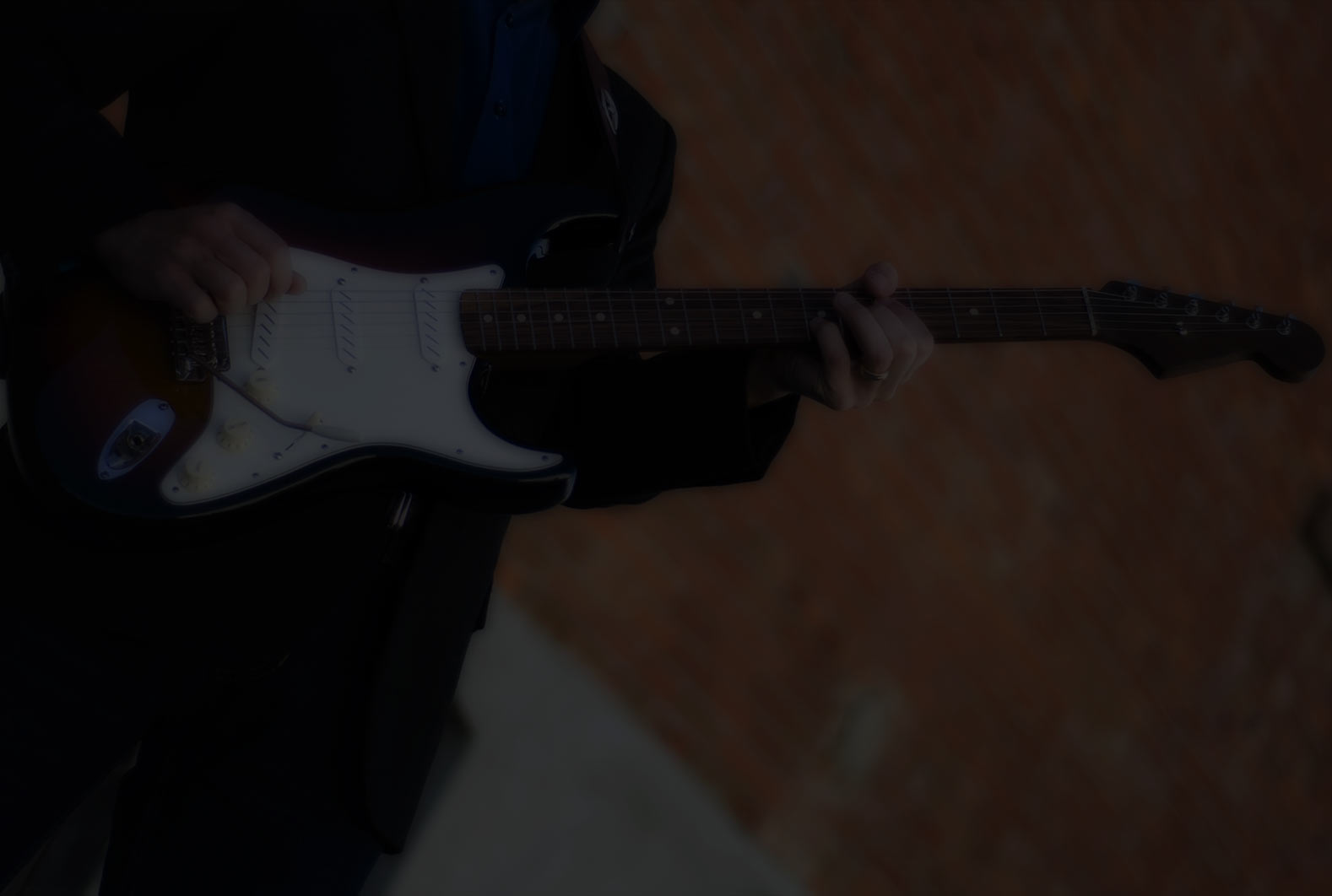I’m in the big city with my daughter, waiting for her braces to finally be removed at the orthdontist. While I’m sitting here, I might as well try to give you something useful to think about. Music theory.
What should you know about music theory? Good question, let me give you my thoughts. Here is one of several important topics.
Learn the major scale formula.
Next, learn all the chords you get when you play the 7 chords that come from the major scale. This is called “diatonic harmony”. Extremely valuable.
Once you understand those two things, learn them on the fretboard. Find a variety of chord voicings all over the neck for the 7 chords from the major scale (in all keys).
There is a ton more you should know about theory, but this is a good start!
C major harmonized:
(3 note chords) C - Dm - Em - F - G - Am, Bdim
(4 note chords) Cmaj7 - Dm7 - Em7 - Fmaj7 - G7 - Am7 - Bm7b5
See the formula? Give each of those chords a number. See how 1-4-5 are major? They are also maj7, maj7, dom7 with 4 note chords. By the same token, 2-3-6 are minor, and min7 as 4 note chords. You also need to know that 1/2 steps are between notes 3/4 (E/F) and between notes 7/8 (B/C) in this key of C.
This is so powerful, because it gives you the tools for playing chords and melodies all over the neck, with all the chords from that key available to you. You can learn it if you don’t know it yet. I hope this makes sense to you..
Any questions?
Explanation of the 2-5-1 progression in specific and useful/practical terms on how they don't just apply to Jazz but to blues and perhaps blues/rock. I believe you've touched upon this subject before but I still hear this referred to a lot but blues and jazz are so closely related....are all these dominant chords plus my usual........how soloing applies and it seems the diminished scale applies?? Jim C.
Maybe I should talk about this more in the next live video? Talk to me, guys.
So the first thing you have to understand about the blues, is that it’s NOT diatonic. Diatonic harmony follows what I described above. Blues is it’s own beast - using dominant 7 chords to create the 12 bar blues. That means that when we play a 12 bar blues, we are not using diatonic harmony, and therefore the major scale talk doesn’t apply...
In diatonic harmony, the only dominant 7 chord is the 5th chord - see my first post. But in blues, all three chords are dominant. So how does that work?
It’s not easy to explain. The best way to look at it is that blues got its own style of harmony. We “cheat” by using the minor pentatonic for all three chords, but if you followed the “theory rules” so to speak, you would play Mixolydian for each of the chords. It would then be the “correct” scale for each chord, but it woulnd’t sound like blues!
I know it can be hard to make sense of all this sometimes, but do remember that diatonic harmony applies to most of the music we hear today, EXCEPT for blues...
Jazz is a vast land of harmony, and jazz can be a blues, but it can also be a hefty amount of diatonic chords, moving around and changing keys, which makes things even harder.
Please let me know what questions you have from this, and if deemed appropriate, I can explain further in the next live session.
Questions - GO!
Yes, Yes, more please.



